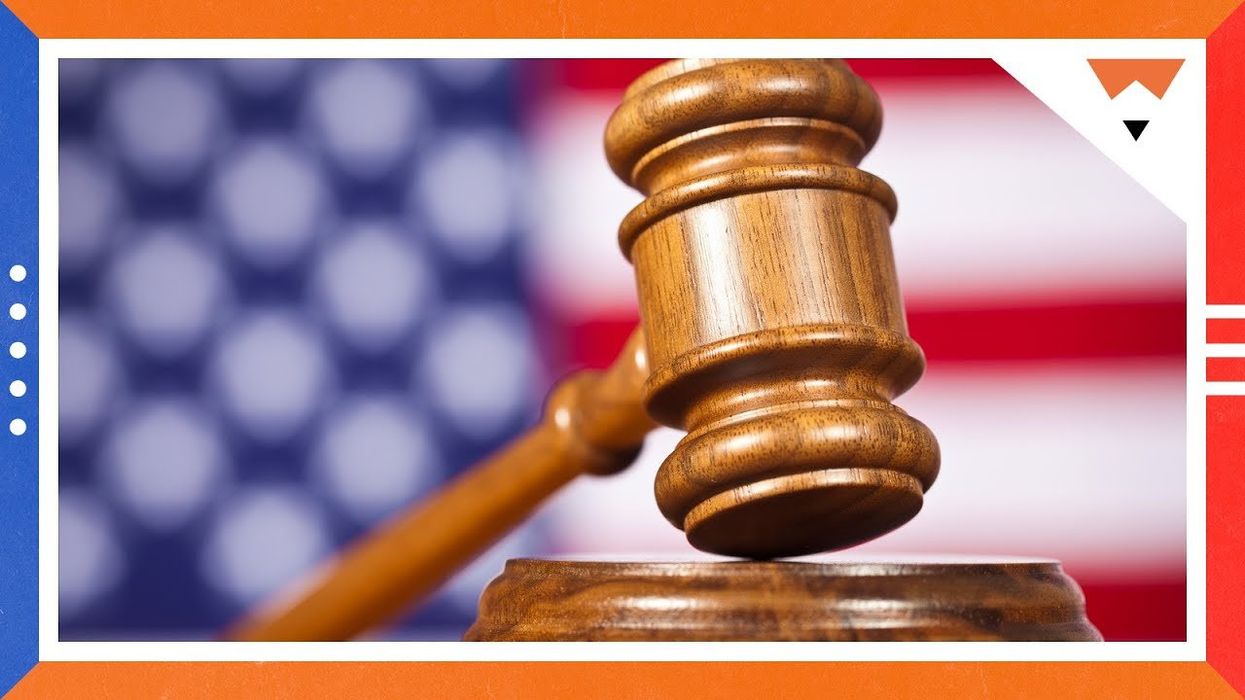In our federalist system, the states are often considered laboratories of democracy. State governments test out different policies, or even political strategies, that may someday reach the whole country or drive red and blue states further apart.
This year, FiveThirtyEight is tracking what state legislation is being proposed and passed and how Republicans and Democrats are going about things differently. In this installment of the FiveThirtyEight Politics podcast, the crew looks at new proposals on guns, taxes, spending plans and identity.




















